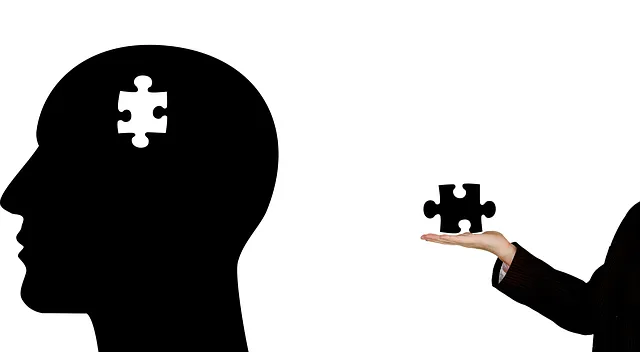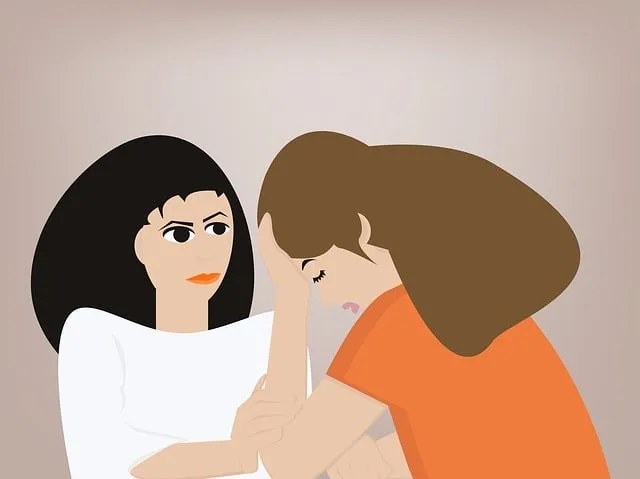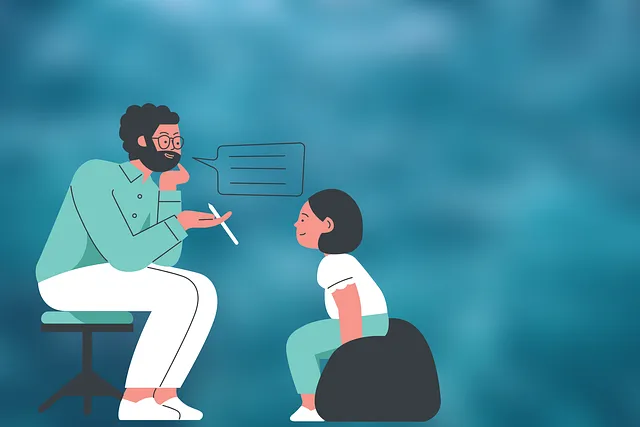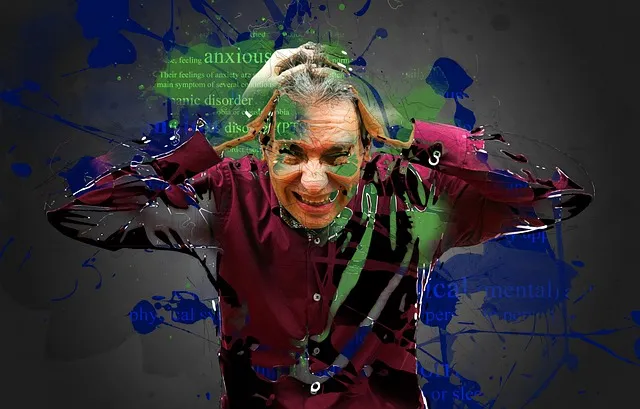Lone Tree Kaiser's comprehensive mental health classes are pivotal in fostering cultural competency among healthcare professionals, especially in diverse societies. These classes equip providers with tools to navigate cultural nuances, prevent burnout, and resolve conflicts, enhancing patient outcomes and satisfaction. By addressing unique needs of various backgrounds, they promote inclusive services, challenge biases, and improve healthcare equitability nationwide. Through mindfulness, stress reduction, and evidence-based practices, Lone Tree Kaiser's approach strengthens patient-provider relationships and ensures tailored, effective care.
Cultural competency in healthcare is essential for providing quality care to a diverse patient population. This article explores the topic, focusing on the specific needs of mental health professionals. We delve into the innovative cultural competency training programs offered by Lone Tree Kaiser, highlighting their key components and benefits. Learn how these classes enhance patient care, improve outcomes, and foster inclusive practices in the mental health field. Discover why such training is a game-changer for healthcare providers and folks seeking support.
- Understanding Cultural Competency in Healthcare: An Overview
- The Importance of Training for Mental Health Professionals
- Lone Tree Kaiser's Approach to Cultural Competency Classes
- Key Components of Effective Training Programs
- Benefits and Impact on Patient Care and Outcomes
Understanding Cultural Competency in Healthcare: An Overview

Cultural competency is an essential aspect of modern healthcare, reflecting the ability to effectively deliver services that meet the unique needs of diverse patient populations. It involves understanding and respecting different cultural backgrounds, beliefs, values, and practices, ensuring equitable care for all individuals, regardless of their ethnic or social origin. In a diverse society like the one we live in today, where patients come from various cultural communities, healthcare providers must be equipped to navigate these differences to offer quality treatment.
At Lone Tree Kaiser, mental health classes play a pivotal role in enhancing cultural competency among healthcare professionals. These educational initiatives focus on promoting awareness and sensitivity towards cultural nuances, including topics such as burnout prevention, community outreach program implementation, and conflict resolution techniques. By investing in such training, healthcare organizations can foster an environment where patients feel heard, understood, and respected, ultimately improving patient outcomes and satisfaction.
The Importance of Training for Mental Health Professionals

Mental health professionals play a pivotal role in fostering emotional healing processes for their patients from diverse cultural backgrounds. Training that focuses on cultural competency is essential for providing effective care tailored to each individual’s unique needs and experiences. This is particularly relevant in regions like Lone Tree, where Kaiser mental health classes cater to a multicultural community.
These specialized programs go beyond mere awareness; they equip professionals with the tools to analyze and advocate for mental health policy changes. By understanding cultural nuances, healthcare providers can challenge existing biases and stereotypes, ensuring that services are inclusive and accessible. This holistic approach not only enhances patient outcomes but also contributes to a more equitable Mental Health Awareness landscape in communities across the nation.
Lone Tree Kaiser's Approach to Cultural Competency Classes

Lone Tree Kaiser takes a holistic approach to cultural competency training, recognizing that understanding diverse cultural backgrounds is essential for providing effective healthcare. Their program focuses on fostering an inclusive environment where patients from various ethnic, racial, and social groups feel seen and heard. The mental health classes at Lone Tree Kaiser are designed to educate healthcare providers about the unique needs and challenges faced by different cultures. Through interactive workshops and discussions, participants learn valuable communication strategies to build trust and connect with patients from all walks of life.
These sessions delve into topics like mindfulness meditation and stress reduction methods as cultural tools to promote well-being. By incorporating practices such as these, Lone Tree Kaiser’s training empowers providers to assist individuals in managing mood disorders while respecting and embracing personal cultural values. This comprehensive approach ensures that healthcare services are tailored to meet the specific needs of a diverse patient population, ultimately improving outcomes and fostering stronger patient-provider relationships.
Key Components of Effective Training Programs

Effective cultural competency training programs for healthcare providers should incorporate several key components to ensure maximum impact and positive outcomes. Firstly, these courses should focus on raising awareness about different cultural backgrounds, beliefs, and values. This involves learning about diverse communities, including racial, ethnic, religious, and LGBTQ+ groups, to foster an understanding that varies beyond individual experiences. Lone Tree Kaiser mental health classes often emphasize this aspect, ensuring providers can navigate complex cultural landscapes with sensitivity.
Additionally, training should delve into specific skills development, such as active listening, non-verbal communication, and cultural inquiry techniques. These tools empower healthcare professionals to engage with patients from diverse backgrounds effectively. Incorporating evidence-based practices for depression prevention, stress reduction methods, and emotional healing processes can also enhance these programs’ value, enabling providers to offer tailored care that respects and honors each patient’s unique needs and experiences.
Benefits and Impact on Patient Care and Outcomes

Healthcare provider cultural competency training offers profound benefits that directly impact patient care and outcomes. By equipping medical professionals with the skills to navigate diverse cultural backgrounds, these classes foster better communication, empathy, and understanding among caregivers and patients. This enhanced connection leads to more accurate diagnoses, improved treatment plans, and ultimately, better health outcomes. For instance, Lone Tree Kaiser mental health classes have been shown to boost emotional intelligence among healthcare providers, enabling them to recognize and address the unique needs of a diverse patient population effectively.
Incorporating burnout prevention strategies for healthcare providers into cultural competency training is another significant advantage. By teaching inner strength development techniques, these programs help caregivers manage stress, maintain resilience, and avoid professional burnout. This not only benefits individual practitioners but also contributes to a more sustainable healthcare system where professionals are better equipped to provide consistent, high-quality care over time.
Cultural competency training is an essential component of modern healthcare, especially for mental health professionals. As organizations like Lone Tree Kaiser recognize, tailored programs that focus on understanding and appreciating diverse cultural backgrounds can significantly enhance patient care and outcomes. By incorporating key components such as interactive workshops, community engagement, and ongoing support, these training initiatives empower providers to deliver more inclusive and effective services. For mental health professionals, this means better connecting with patients from various cultural contexts, ultimately fostering improved therapy outcomes and stronger communities.






